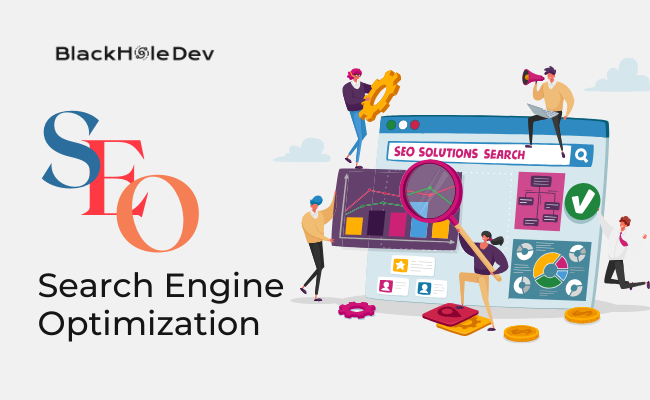In the fast-paced world of digital marketing, terms like SEM (Search Engine Marketing) and PPC (Pay-Per-Click) are often used interchangeably. However, they are not the same. Understanding the nuances between these two concepts is crucial for any business aiming to make a mark in the online landscape.
Search Engine Marketing (SEM) and Pay-Per-Click (PPC) advertising, though often used interchangeably, serve different purposes in the digital marketing realm. SEM encompasses a broader scope of activities that involve enhancing a website’s visibility on search engine results pages (SERPs) through both paid and organic efforts.
PPC, on the other hand, is a specific type of online advertising where advertisers pay a fee each time their ad is clicked. This model can provide immediate results and targeted reach, making it an essential tool in a marketer’s arsenal.
The Future of Search Marketing: Evolving Trends
As we peer into the horizon of digital marketing, it’s evident that the landscape is continually evolving. Voice search is revolutionizing the way people interact with search engines, impacting how businesses structure their content and keywords. Moreover, the advent of mobile-first indexing by search engines has put mobile optimization at the forefront of digital strategies.
But perhaps one of the most captivating shifts is the ascent of video advertising. With platforms like YouTube becoming search engines in their own right, video content is no longer just an accessory; it’s a necessity. Marketers are capitalizing on this trend by creating engaging video content that not only showcases their products or services but also tells a story.
The landscape of search marketing is constantly evolving. Voice search, mobile-first indexing, and the rise of video advertising are reshaping the way users interact with online content. Staying ahead of these trends is essential for maintaining a competitive edge.
Is SEM the Same as PPC? Clearing the Confusion
While search engine marketing and pay per click are related, they are not the same. SEM is a comprehensive strategy that encompasses various online activities to boost a website’s visibility, including SEO, while PPC is specifically focused on paid advertising. These two strategies work together to enhance a brand’s online presence.
The Worst Mistakes: When SEM and PPC Strategies Go Awry
In the pursuit of digital success, mistakes can be detrimental. Neglecting thorough keyword research, overlooking negative keywords, not optimizing landing pages, and setting unrealistic budgets are some of the common pitfalls that businesses can face when implementing paid campaigns strategies.
Case Studies: SEM and PPC Blunders
Even big brands have faced setbacks due to SEM and PPC blunders. Learning from their experiences can provide invaluable insights into what not to do. These case studies highlight the importance of constant monitoring, strategic planning, and adaptability in the dynamic digital landscape.
Making the Choice: When to Opt for SEM or PPC?
Choosing between SEM and PPC depends on various factors such as business goals, target audience, and budget. SEM is ideal for long-term growth and building organic traffic, while PPC can deliver quick results and is highly targeted. Aligning the choice with specific business objectives is key.
The Synergy of SEM and PPC: Maximizing Online Presence
Rather than viewing SEM and PPC as competing strategies, businesses should harness their synergistic potential. Combining the two can lead to higher visibility, improved click-through rates, and a more comprehensive online marketing approach.
In the intricate tapestry of digital marketing, SEM and PPC are threads that, when woven together, create a masterpiece. Their differences set them apart, but their synergy propels businesses forward. By staying attuned to the ever-changing digital landscape, avoiding common pitfalls, and embracing emerging trends, companies can harness the true power of digital marketing. As history continues to be written in the realms of search engine marketing, those who understand and adapt will emerge as the trailblazers of digital success.
Conclusion: Navigating SEM and PPC for Digital Success
In conclusion, SEM and PPC are distinct yet interconnected components of a successful digital marketing strategy. Understanding their differences, avoiding common mistakes, and leveraging their combined strengths can propel businesses towards online success. By adapting to evolving trends and aligning strategies with business goals, brands can harness the true potential of digital success.











